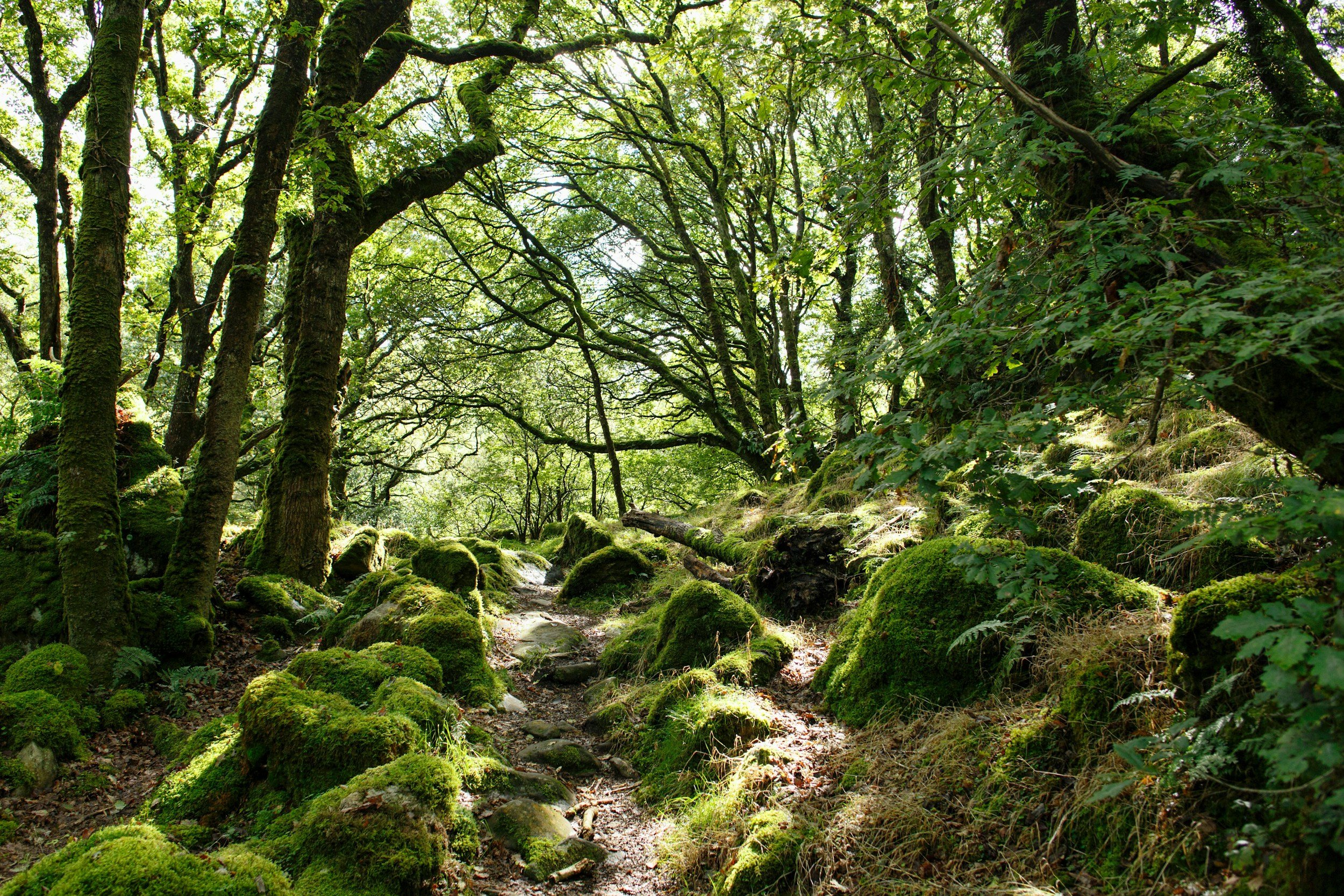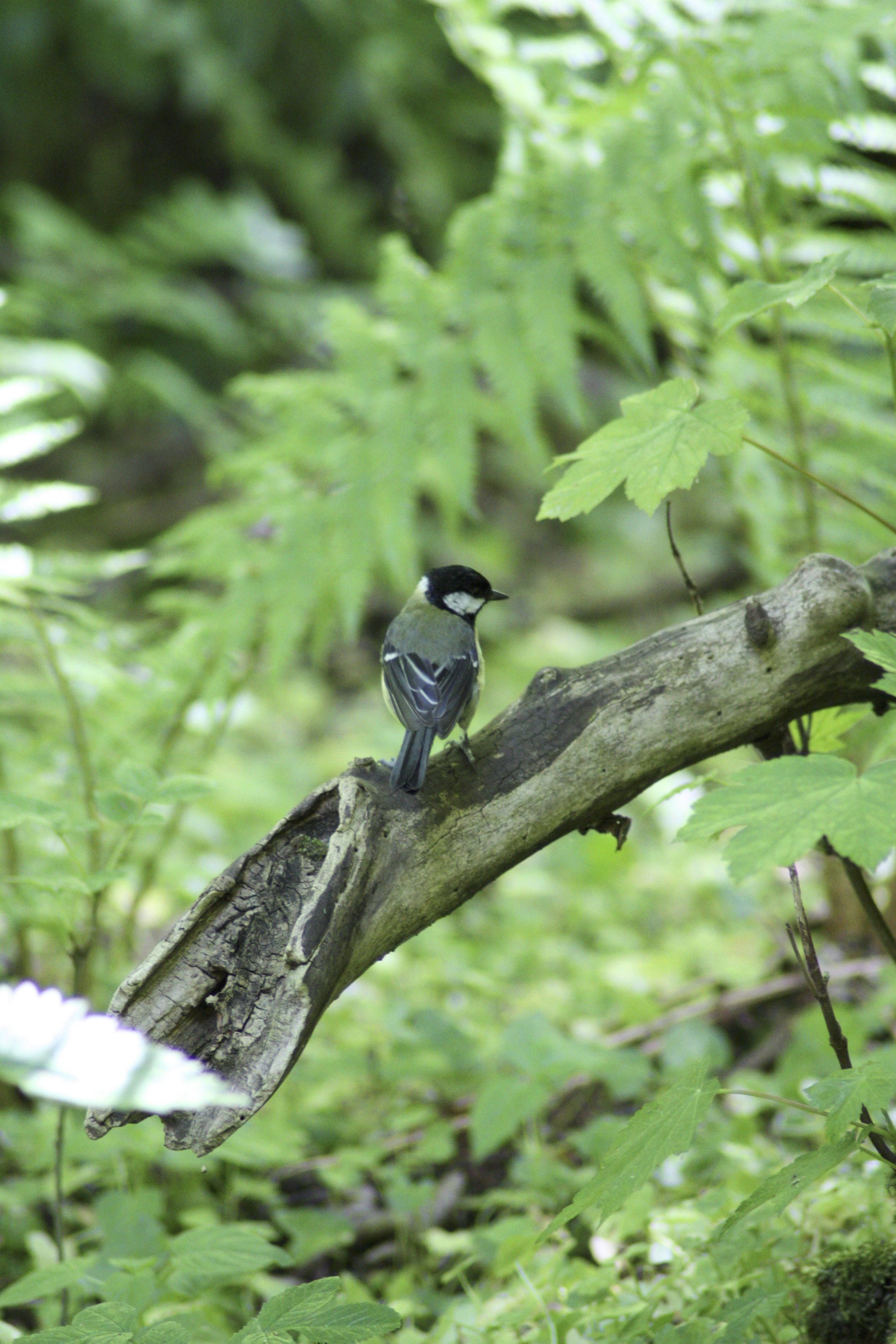
Kincraft : Learning With The Land.
Experience a blend of traditional and local ecological knowledge, skills, and crafts to remember our forgotten relationship with the natural world. Rather than a weekend hobby, this is an everyday way of living. You will find immense joy in sharing this journey of rediscovery, leaving you with a more profound and resilient relationship with our fellow non-human communities.
Join Paul and his team as he explores the many possible forms of kincraft with the more-than-human, towards more regenerative futures.
Upcoming Courses in 2025
Place-TEK
Develop an understanding of how traditional ecological knowledge can nurture a particular form of deep kinship with the Land. Recognise the role of materials for our ancestors in creating ‘place’. Understand the role of kinship in creating deep, regenerative relationships with the Land.
3 Days
Borderlands
Be able to trail various species and understand the signs they leave. Understand different forms of communication amongst different species. Read the geographies of other species within shared places. Experience what it is like to live amongst a multispecies community.
3 Days
Crafting as Culture
Explore how the Land shapes crafts and, in turn, how it is shaped by them. Uncover the annual cycles and patterns that allow us to understand the Land more deeply. Develop the beginnings of your skills in various crafts that will shape you and your relationship with the Land.
3 Days
With the Land
Spend time in deep immersion to explore and understand yourself and your relationship with the land amongst a community of like-minded people. Enjoy foraging, campfire cooking, learning crafts and animal tracking, all whilst reflecting on how these experiences can inspire how we live our lives with meaningful kinship with the Land.
5 Days
Forgotten Voices
Learn about the indigenous histories of the United Kingdom. Experience a blend of archaeology, history, folklore and crafts as we live and learn about our past to carve out a better future. Learn about what it means to be a ‘commoner’ and the history of land rights. Explore how we might imagine a new way forward, rooted in the past and crafting a new common land for the future.
3 Days
Rewilding Communities
Explore the role of culture in bringing people together around the campfire to share their lived experiences and hopes for the future of the Land. Learn how stories shape our understanding of the world. Develop approaches for creating conversations through craft and understanding the role of ‘place’ in fostering a regenerative culture.
3 Days
With the River
Travel from the source of the River Trent and trace its course to where it joins the sea at the Humber. This journey will explore what it means to be in kinship with the waterways they're watershed. We will discover different communities, both human and non-human, encounter their relationship to the water and develop a more intimate understanding of the Land.
5 Days
Kincraft for Practitioners
Develop your practice, whether you teach bushcraft, permaculture, forest schools or outdoor education. Learn how to ground your approach so that learners develop a meaningful relationship with the Land and discover the role of skills and crafts in fostering kinship.
3 Days
…..and more!
Online Courses
Learn about kinship, crafts, watersheds, rewilding, and much much more…!
Free Online Course
Ecosophy-Based Practice
This 10-week course focuses on your personal ecological philosophy and how it relates to our practice. Join in with others and share the journey!
(Due for release in February 2025)
Sign up for the Online Magazine
Four times a year, I will send out an email to you with a short form seasonal digital magazine;
subscriber-only articles
early access to main blog articles
exclusive “how-to” tutorials
upcoming conferences and events
early bird access to courses
book, video, event recommendations
….and other secret things! Shhhh :)
Recent Blog Posts
Join the Facebook Group
Join the group and take part in a community sharing their stories, experiences, skills and knowledge about the Land.
































